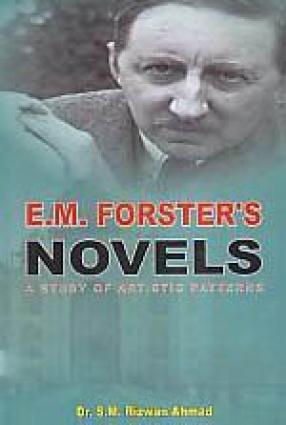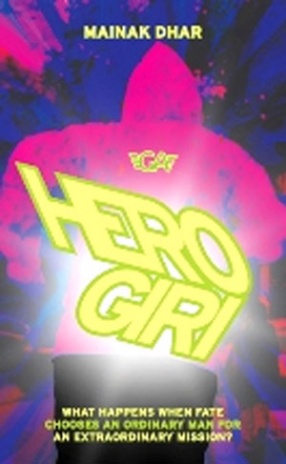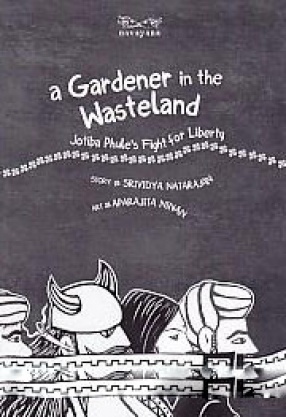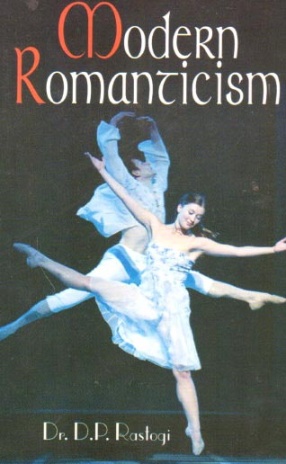Edward Morgan Forster (1 Jan.1987-7 June 1970) was an English novelist, short story writer, essayist and a liberal humanist. He is known best for his dealing with ironic and well plotted novels examining class difference and hypocrisy in early 20th century British society. He is noted for his use of symbolism as a technique in his novels, and he has been criticized (as by his friend Roger Fry) for his attachment to mysticism. One example of his symbolism is the wych-elm tree in Howard End. The characters of Mrs. Wilcox in that novel and Mrs. Moore in A Passage to India have a mystical link with the past, and a striking ability to connect with people from beyond their own circles. Symbolism was an attempt to break away from the realists like Zola and Maupassant, who aimed above all things at being precise. E.M. Forster set out to modify the traditional novel by giving the intellect a great share in its creation and direction. He is not interested in conventional methods of story-telling, plot construction and characterization. Though most of his novels were published in the Edwardian period, Forster has made some new experiments which were unknown to the Victorians and the Edwardians.
Contents: Preface. 1. Introduction. 2. Nature. 3. Houses. 4. Places. 5. Animals. 6. Sciences. 7. Supernaturals and legends. 8. Music. 9. Miscellaneous. 10. Conclusion. 11. Bibliography.





There are no reviews yet.